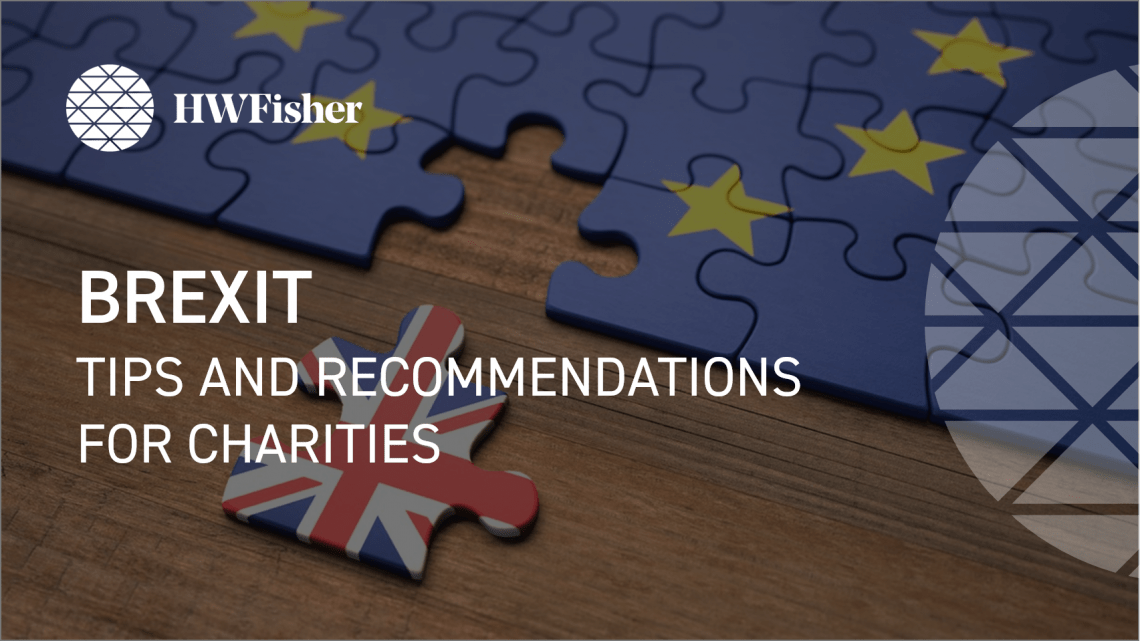
We are now nine months into the UK’s trading life outside the European Union (EU). Leaving the EU has resulted in some major changes particularly in respect of VAT and Customs and the wider charity sector has struggled more than some sectors in adapting to the changes. Outlined below are the changes and what charities should be doing to mitigate those changes.
What has changed?
What should Charities be doing to mitigate the above?
We’d love to hear from you. To book an appointment or to find out more about our services: